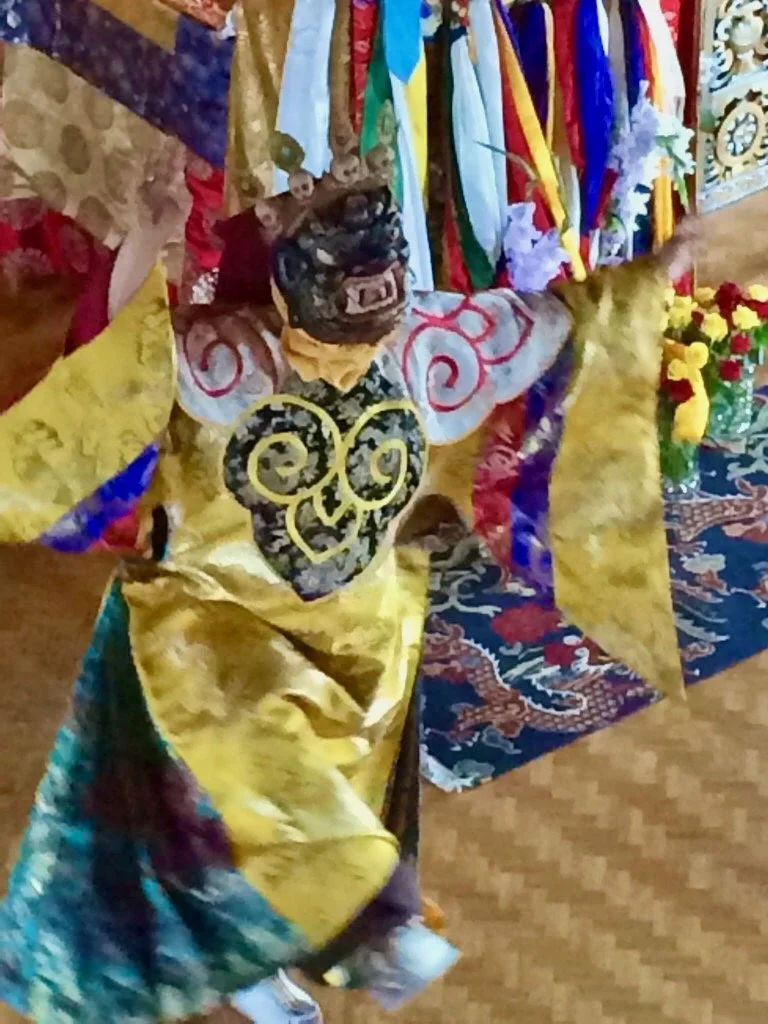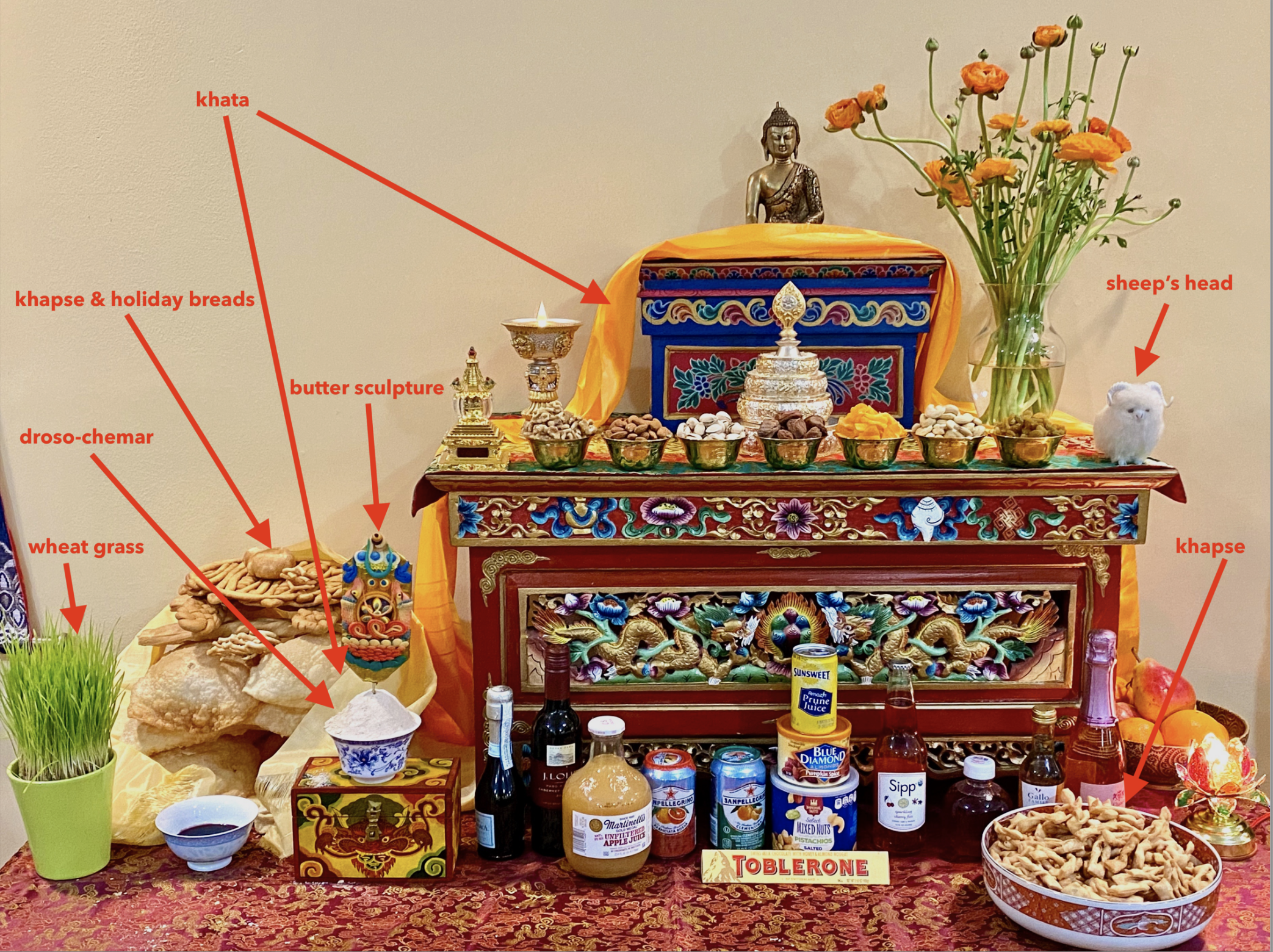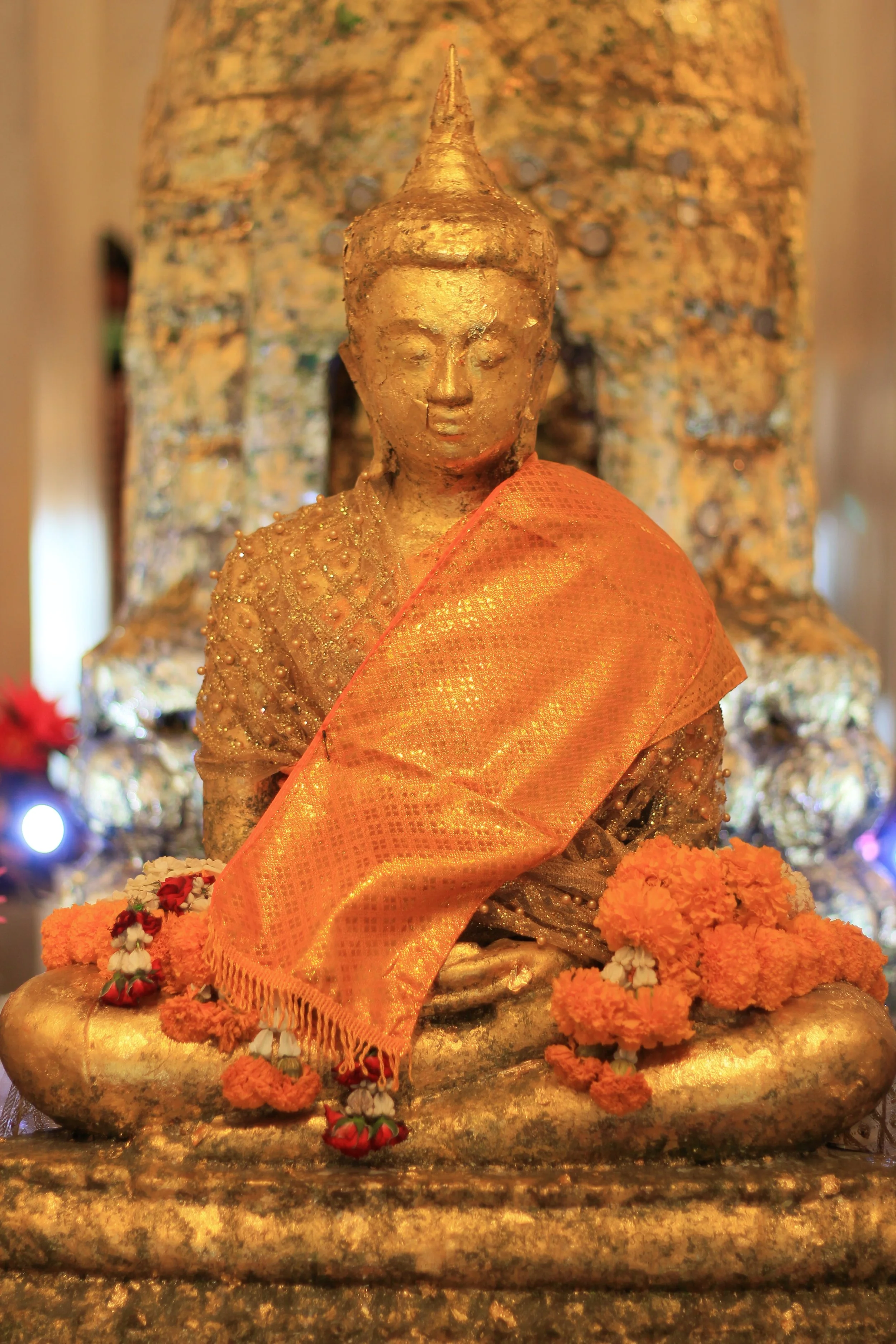Top 5 Buddhist Celebrations and Holidays
Buddhists observe many special days of celebration and remembrance. These holidays generally center around remembering the Buddha and his teachings. Many Buddhist holidays are determined by the lunar calendar, so the exact dates of observance will vary from year to year. Rituals and traditions for each holy day will vary depending on country, culture, and sect of Buddhism. Some practitioners bring food and other offerings to monks and nuns. Some listen to talks by their gurus, chant mantras, or simply sit quietly in meditation.
Many important days exist in Buddhism, and here are some of the most prominent.
Buddhist New Year
LOSAR
The New Year celebration for Buddhists doesn’t take place on January 1st! In Theravada Buddhism, the New Year is celebrated for three days after the first full moon in April. In the Mahayana tradition, it takes place during the first full moon in January. Tibetan Buddhists celebrate the New Year, or "Losar," in March.
During these new year celebrations, many Buddhists focus on purifying their homes and selves in observance of a fresh new start. People will bring offerings to monasteries, honor their ancestors, and light lanterns for good luck. Delicious meals are prepared and shared with family and friends.
Vesak: Buddha’s Birthday, Buddha Day, or Wesak
VESAK
Vesak is the most important holiday in Buddhism and it falls on the first full moon in May. This celebration commemorates Buddha's birth, enlightenment, and death. That is why some call this holiday "Buddha Day." Like most Buddhist holidays, celebratory traditions can be diverse. Local temples will cleanse their Buddha statues and decorate these visages with fragrant flowers and beautiful flags.
Practitioners will clean and decorate their houses and ask for purification from their suffering. Followers will visit monasteries, sometimes before dawn, and participate in mantras and ceremonies. On this day, Buddhists aim to practice noble acts that will help them attain enlightenment.
They will typically:
Volunteer at local shelters
Provide food to the hungry
Donate to charity
These moments of remembrance, good deeds, and prayer are capped off with candlelit parades in the streets.
Magha Puja: Sangha Day or Fourfold Assembly Day
MAGHA PUJA
Magha Puja, or Sangha Day, is celebrated on the full moon of March.
Magha Puja memorializes the day when 1,250 monks from far away, without any planning and at the same time, arrived at the temple where Buddha was staying in order to honor him. It is seen as a miraculous day.
These early disciples were called the Fourfold Assembly, they were:
the monks
those who followed the Buddha
those who came to visit Buddha spontaneously
all at the same time
Like the other Buddhist holidays, Buddhists begin the celebrations by cleansing and decorating their homes for prayer. They visit their local temples and observe the teachings Buddha gave to the Assembly, the most important of which is called the Ovadha Patimokha.
Dharma Day or Dhamma Day
DHARMA DAY
Dharma Day or Dhamma Day is held on the full moon day of July, commemorates Buddha's first sermon, the Turning of the Wheel of the Dharma to a group of his disciples.
Dharma Day honors that important moment - the teaching of the Dharma and the beginning of the first Buddhist Sangha.
In celebration, Buddhists will listen to lectures on the Dharma, visit their monasteries to make offerings and pray. Many will meditate on Buddha's writings and the tenants of Buddhism.
Pavarana and the Kachina Ceremony
PAVARANA AND THE KACHINA CEREMONY
Pravarana celebrates the end of Vassa, or “Buddhist Lent,” where monks and nuns leave their monasteries and begin solitary retreats. These retreats occur during the rainy season, and Pavarana and the Kachina Ceremony take place at the end of this season – sometime between October and November.
The Kachina ceremony, or robe offering ceremony, is held during the Pavarana celebration and honors the relationship between the monastic and the layperson. When the monks return to town after Vassa, Buddhist followers will gift them clothing, bedding, and other necessities to welcome them back.
Buddhists will also donate generous amounts of money to charity and give alms to the poor.






